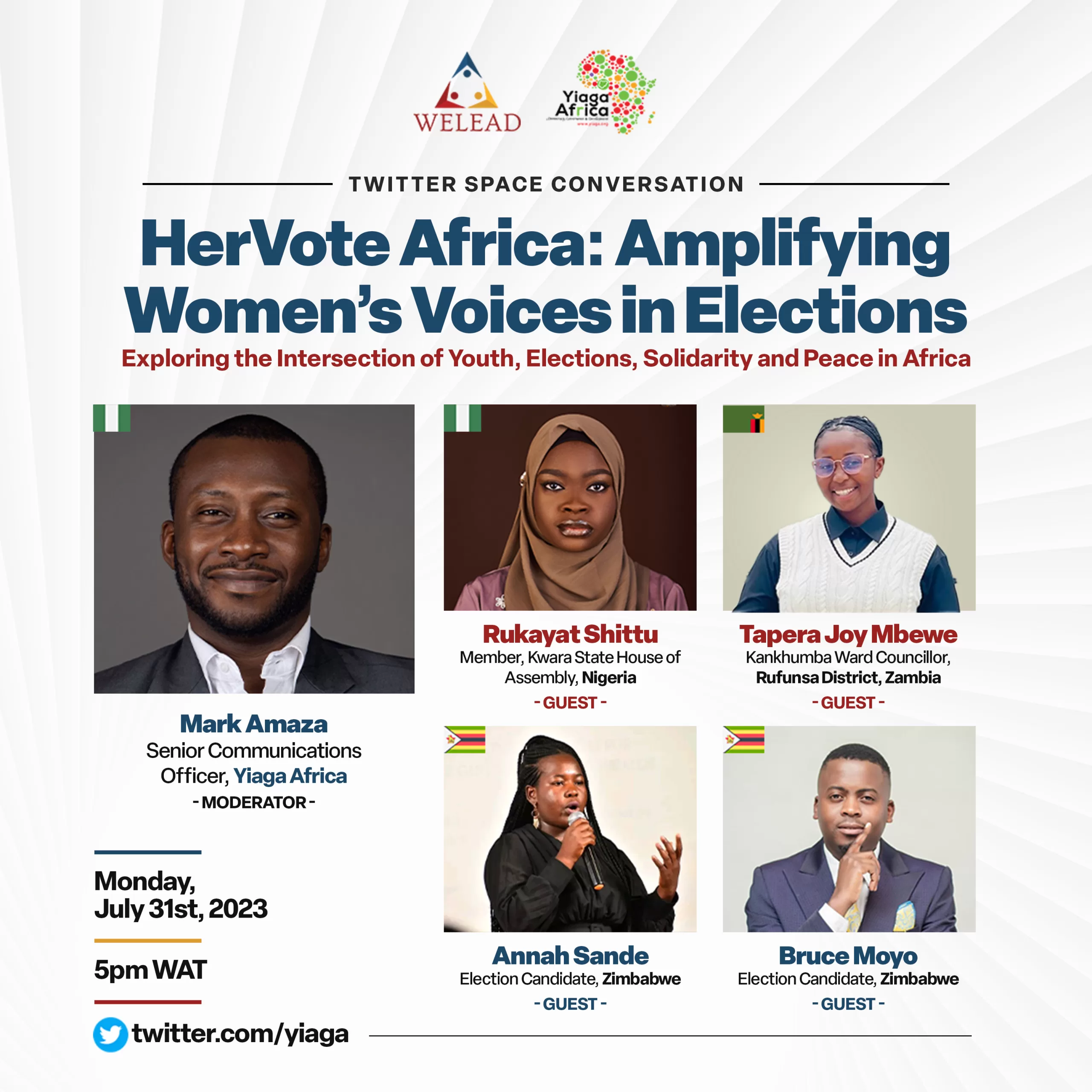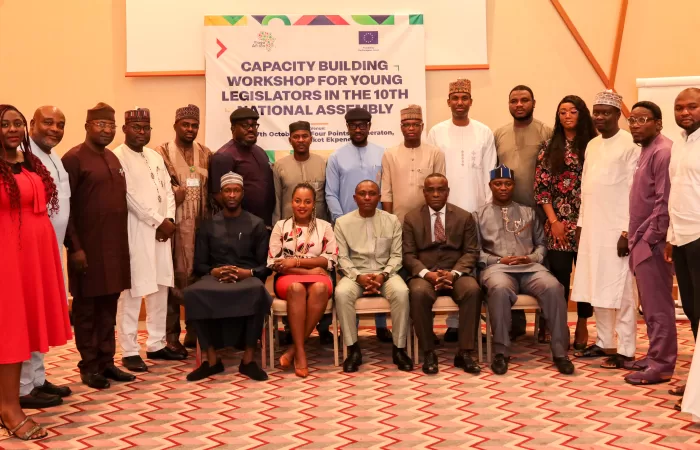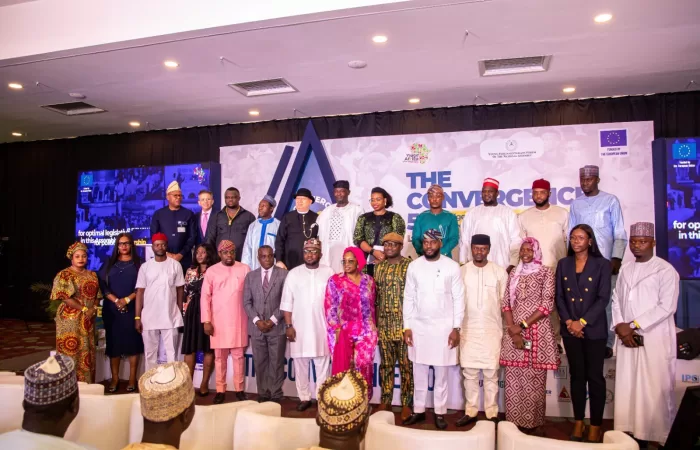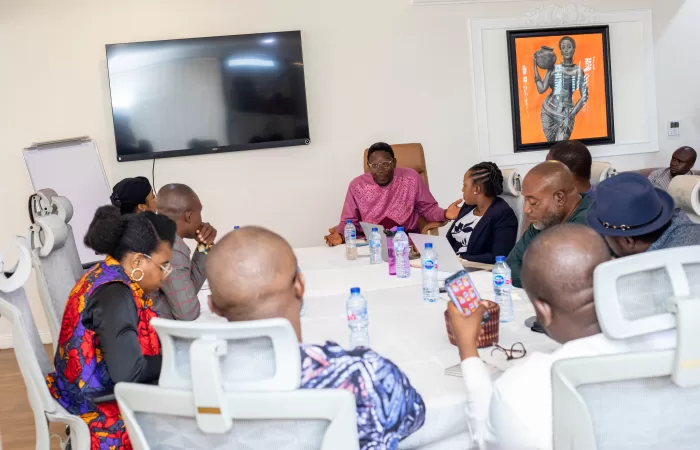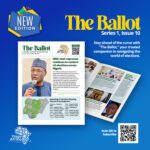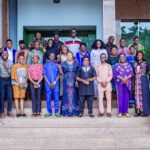On Monday, Yiaga Africa and WeLead Trust, a youth leadership and advocacy organisation based in Zimbabwe, hosted a Twitter Space event titled “HERSTORY: Amplifying Women’s Voices in Elections.” The conversation featured distinguished young speakers who are politicians and activists from several parts of Africa, each providing valuable insights on fostering youth engagement in politics, the role of civil society organisations, and the significance of social media in promoting political activism and peace.
During the Twitter Space event, Annah Sande, a Proportional Representation candidate in the upcoming general elections in Zimbabwe on August 23rd, shared her motivation for running for office. In her words, “the desire to make a positive contribution towards lending my voice to women’s issues, and speaking on issues that affect us daily was the driving force behind my decision to contest.’’
Sande highlighted the crucial role of the quota system in Zimbabwe, which enabled her to participate, and encouraged more women to utilise opportunities like this to join politics and amplify their voices. She also blamed systematic structures that exist in African society such as sexual harassment, stereotypes, and violence, as a major cause of women’s low participation in politics.
‘‘Until these structures are addressed and brought down, no level of legislation can help women’s participation,” she said.
Bruce Moyo, a knowledgeable political strategist who is also a candidate in the Zimbabwean elections, provided valuable insights into how youth can play a more active role in politics. He stressed the need for education and empowerment of young people, equipping them with the necessary tools to run for office and engage with political processes.
“There is a need to leverage the power of solidarity among women voters to support each other in winning elective offices,” he said while urging the adoption of policies within political parties to enhance women’s participation.
On the role of Civil Society Organizations in supporting youth candidacy in Africa, Moyo highlighted the importance of active and objective international observers who can monitor and protect young candidates’ interests during elections. He also emphasised their role in ensuring free, fair, and credible elections which can help promote youth participation and political representation. But most importantly, he charged them to avoid legitimising an illegitimate government if any form of rigging occurs during elections.
Also speaking during the conversation, Honourable Tapera Joy Mbewe, a councillor who made history in Zambia as the youngest elected politician at the age of 21, identified the highly commercialised nature of politics in Africa as being responsible for the low representation of women in politics on the continent.
“The costly nature of politics poses a significant barrier for young women with limited financial resources to participate,” she said.
She also pointed out the role of cultural norms that place women at a disadvantage, urging for comprehensive policies and laws that encourage and support women’s political engagement.
The young leaders acknowledged the influential role of social media and technology in amplifying youth voices in politics, highlighting how it serves as a platform to document electoral illegalities, bridge communication with the international community, and expose any attempts at rigging. According to them, harnessing the potential of social media can enable young people to voice their concerns, mobilise support, and foster political awareness.
On how youth participation in politics can promote peace in Africa, Honourable Tapera passionately discussed and dissected the intersection between active participation and peace, stating that a significant portion of the population is youth, their voices play a crucial role in shaping political narratives. ‘‘When their voices are heard and represented, the likelihood of politically-driven violence decreases, leading to more peaceful societies,’’ said Tapera.
In her concluding remarks, Annah Sande inspired the audience by charging more young people to engage in politics, because they can be champions of peace and prosperity in Africa. In the same vein, Honourable Tapera left an echoing message to African leaders, saying “the moment women and youth voices are heard and encouraged, we hear the unique voices of half of the country; because If you do not hear the sides of half of the country, who are you working for?”
The “HERSTORY: Amplifying Women’s Voices in Elections” Twitter Space event left a lasting impact on the participants, highlighting the significance of women’s political participation, youth engagement, and the role of technology in shaping Africa’s political landscape. It underscored the need for collective efforts to dismantle barriers and create an inclusive political environment where women and young people can actively contribute and shape their nations’ future, even as the Zimbabwean election draws near.

